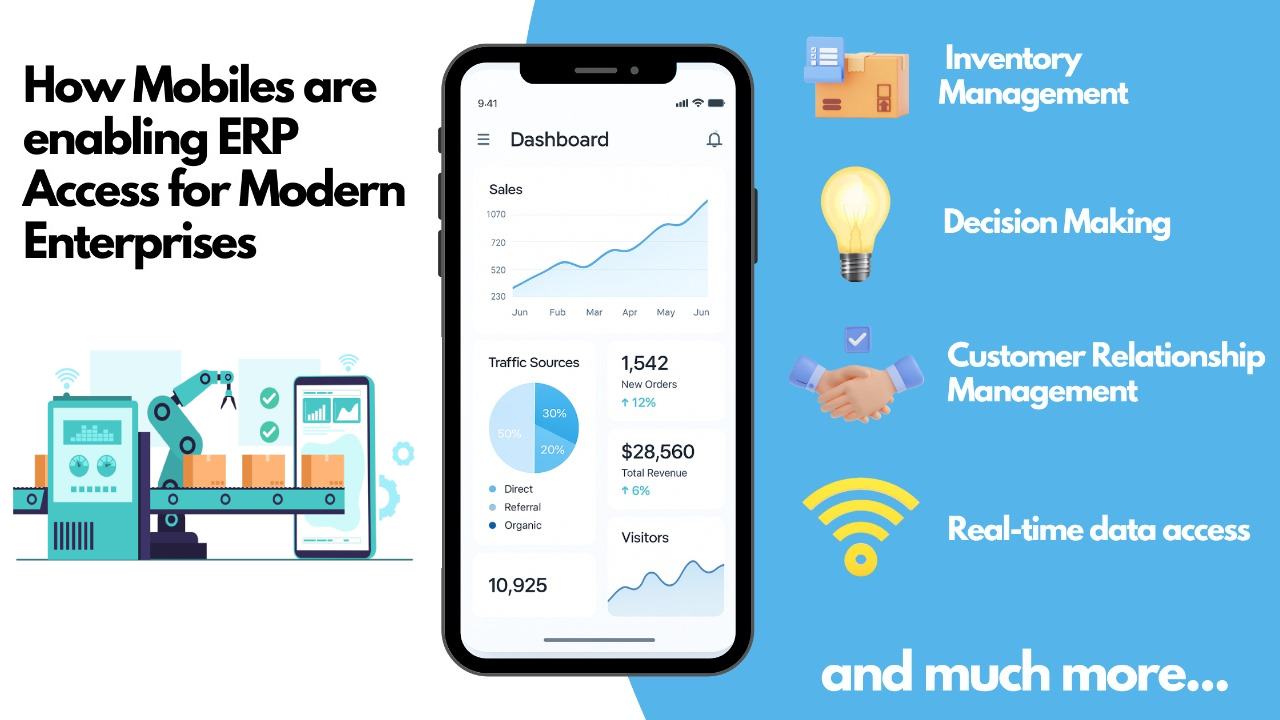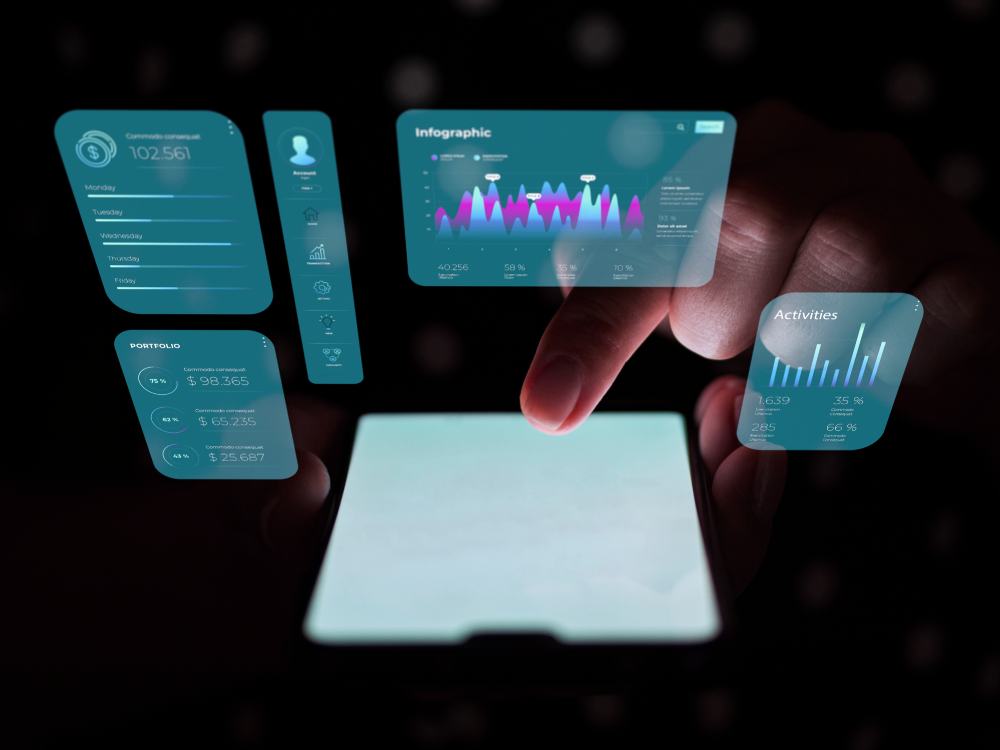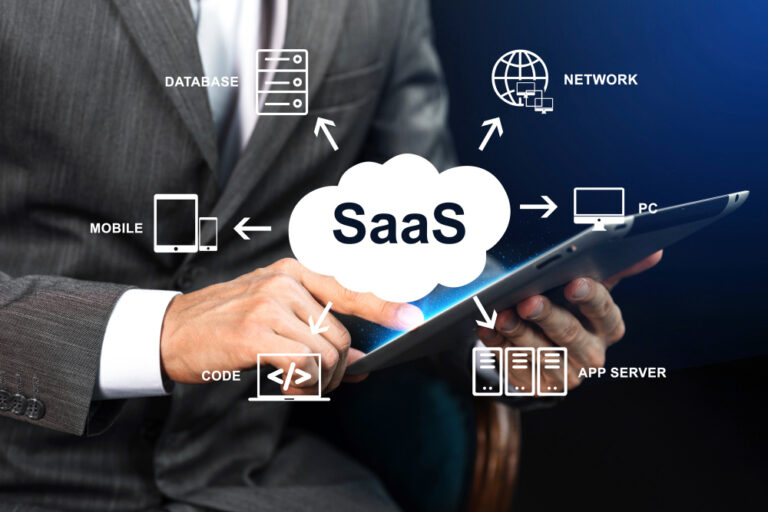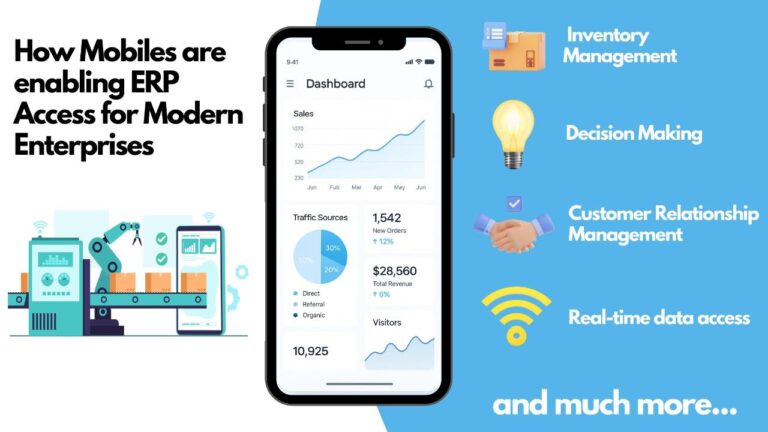
In today’s distributed work environments, operational agility depends on seamless access to business-critical systems. Mobile ERP extends the core functionalities of traditional Enterprise Resource Planning systems to smartphones and tablets, enabling real-time, location-independent decision-making
Key capabilities of a robust mobile ERP solution include live data synchronization, ensuring stakeholders always have access to up-to-date metrics on inventory, procurement, financials, and HR processes. Push-based alerts and role-based dashboards enhance responsiveness, streamlining workflows like purchase approvals, leave requests, and order status updates.
Modern mobile ERP architectures leverage cloud-native infrastructure, providing high availability, scalability, and secure access through multi-factor authentication (MFA) and encrypted API endpoints. Modular microservices design further ensures that ERP modules (e.g., CRM, SCM, payroll) can be customized or scaled independently without impacting system stability.

Additional enterprise-grade features include:
- Offline caching with auto-sync, ensuring business continuity in low-connectivity environments
- GPS and location tagging, enabling logistics tracking and field-force automation
- Camera and sensor integrations for scanning barcodes, capturing receipts, or logging defects
- Device-agnostic UI/UX frameworks, optimized for Android and iOS platforms
With increasing demand for mobility and digital transformation, mobile ERP enables businesses to eliminate bottlenecks, empower remote teams, and maintain visibility across the value chain.
It’s not just about putting ERP on a phone, it’s about re-engineering enterprise processes to be leaner, faster, and fully connected.
-Author : Neeraj Prasanna, 3rd year at VIT Chennai.




